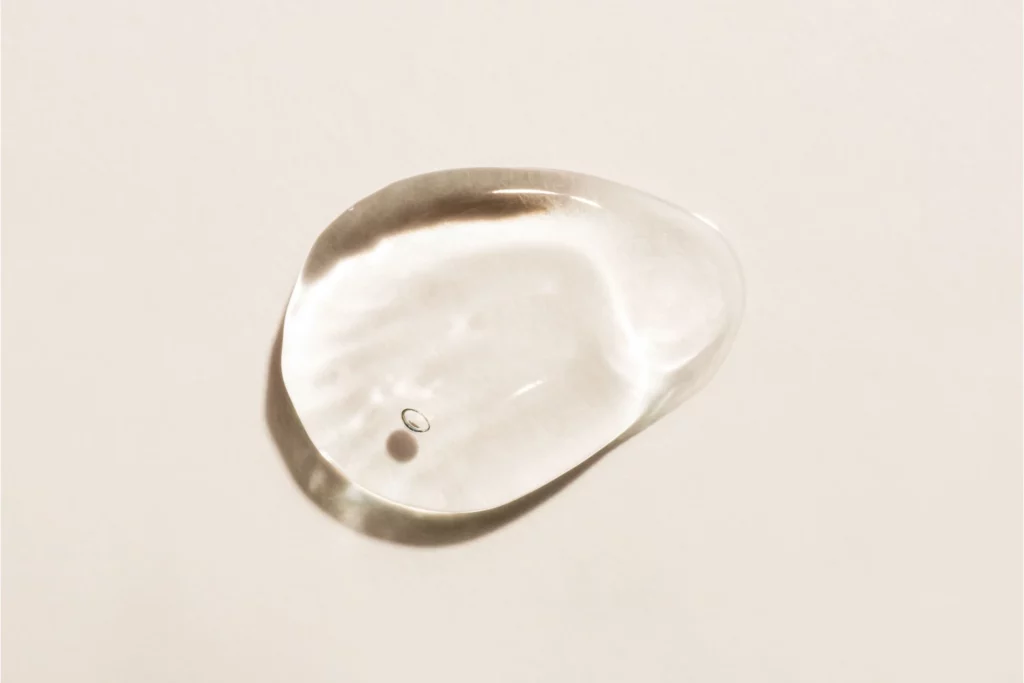
What is a Cervical Mucus Plug?
also known as the cervical plug or operculum, is a protective barrier that seals the cervix or cervical canal, the opening to the uterus and vagina. It’s a jelly-like substance that forms early in pregnancy, providing a protective barrier against bacteria and other potential threats to the developing fetus. This plug is a critical component of a healthy pregnancy, acting as the first line of defense against potential infections.
The Role of the Mucus Plug
This cervical plug plays a crucial role in maintaining a healthy pregnancy. The mucus plug acts as a physical barrier, preventing bacteria and other potential pathogens from ascending into the uterus. This protective function is essential in preventing infections and other symptoms that could harm the developing fetus. This cervical plug is a silent guardian, constantly working to ensure the safety of the unborn baby.
Composition of the Operculum
This mucus is primarily composed of glycoproteins, or mucus, produced by the cervical glands. It also contains immune cells and antibodies, further enhancing its protective function. The consistency and appearance of the mucus plug can vary, but it’s often thick, sticky, and may be clear, white, or tinged with blood. The Operculum is a complex structure, designed to be strong enough to provide a barrier, yet flexible enough to allow for changes during pregnancy.
The Mucus Plug during Pregnancy
Throughout pregnancy, the plug changes in response to hormonal fluctuations. As the body prepares for labor, the cervix begins to soften and dilate, which can cause the cervical plug to dislodge or “fall out.” This process is a natural and normal part of pregnancy and is a sign that the body is preparing for the birth of the baby.
Which Is Its Appearance?
The appearance of the mucus plug can vary. It is usually clear, off-white, or sometimes slightly pink or bloody in color. It is stringy, sticky, and jelly-like in texture. The mucus plug can be 1 to 2 inches in length and 1 to 2 tablespoons in volume. It is relatively odorless. Some women may lose their mucus plug in one glob, while others may lose it gradually over time and never notice it.

Losing Your Mucus Plug: Sings and Symptoms
The most common symptom or noticeable sign of losing the mucus plug is seeing mucus in your underwear or on toilet paper. Not all women know when they lose their mucus plug because it can come out slowly over time instead of all at once.
Losing the Operculum is often one of the first signs of labor. This event, commonly referred to as “losing the mucus plug” or “bloody show,” can occur days or even weeks before labor begins. The cervical plug may come out all at once or in pieces, and it may be clear, pink, or slightly bloody. Some women may not even notice the loss of their plug, while others may find it a clear sign that labor is on the horizon.
What Losing the Mucus Plug Means
Losing your mucus plug generally means your cervix has started to dilate, efface, or both. It means an early sign that labor is around the corner, but there is no exact time for how soon after other labor symptoms will start. In some cases, you may already be in labor when you lose your mucus plug.

Causes of Mucus Plug Loss
There are a few things that can cause you to lose your mucus plug. As your cervix begins to efface (soften and thin) and dilate (open) in preparation for delivery, this can cause your cervical plug to come out into your vagina. Sexual intercourse in the last weeks of pregnancy can also loosen it. Additionally, during a prenatal appointment, your healthcare provider may check your cervix, and the exam can stretch or irritate your cervix, causing the cervical mucus to fall out.
When to Contact Your Healthcare Provider
Loss and Labor
Losing the mucus plug can be a sign that labor is imminent for pregnant women, but it’s not a definitive indicator. Some women lose this cervical plug weeks before labor begins, while others may not lose it until labor is underway. If you notice a significant change in your vaginal discharge, it’s a good idea to contact your healthcare provider. They can provide guidance and reassurance during this exciting and sometimes nerve-wracking time.
Loss Without Labor
If you lose your mucus plug but don’t have any other signs of labor, such as contractions or water breaking, it’s usually not a cause for concern. However, if you’re less than 37 weeks pregnant and lose your operculum, you should contact your healthcare provider as it could be a sign of preterm labor. Preterm labor can pose risks to both the mother and the baby, so it’s important to seek medical advice if you suspect early signs that you may be experiencing it.

Mucus Plug Discharge vs. Regular Vaginal Discharge
Increased vaginal discharge is normal in pregnancy. However, discharge from the mucus plug is thicker, more jelly-like, and there is more of it. It can also be tinged with red, brown, or pink blood. This is different from regular pregnancy discharge, which is usually thin and light yellow or white.
Mucus Plug vs. Bloody Show
While these terms are often used interchangeably, there’s a slight difference between losing the mucus plug and the bloody show. The bloody show refers to vaginal discharge that contains small amounts of blood and mucus, which usually occurs as the cervix dilates and blood vessels rupture. Losing the cervical plug, on the other hand, refers to the expulsion of the actual plug. Both events are part of the natural progression toward labor and delivery.
Conclusion
The mucus plug is a vital part of pregnancy, providing a protective barrier for the developing fetus. Losing it can be a sign that labor is approaching, but it’s not a definitive indicator. Always consult with your healthcare provider if you have any concerns or notice significant changes. Pregnancy is a journey filled with many changes and experiences, and the mucus plug plays a key role in this incredible process.
Frequently Asked Questions
What does the mucus plug look like?
When do you lose it?
Is losing the mucus plug a sign of labor?
What should I do if I lose It? .
Can the mucus plug regenerate?
All Things Childcare strives to provide research-based information. While the contents of this article have been fact-checked, we encourage our readers to seek actual medical advice from health professionals.


Leave a Reply